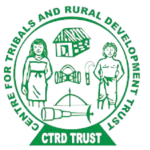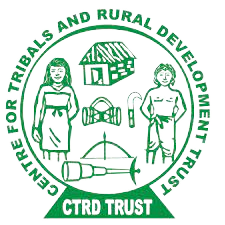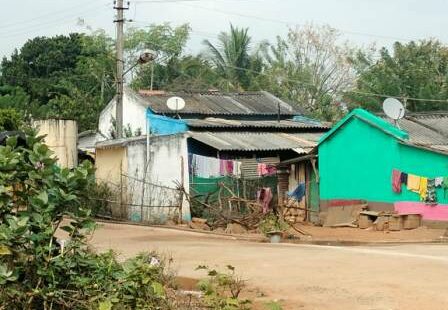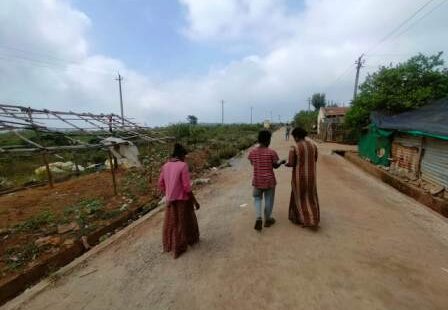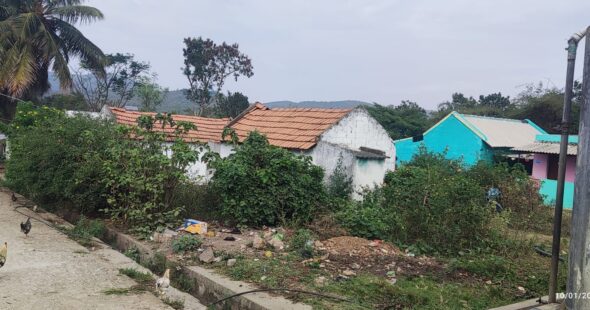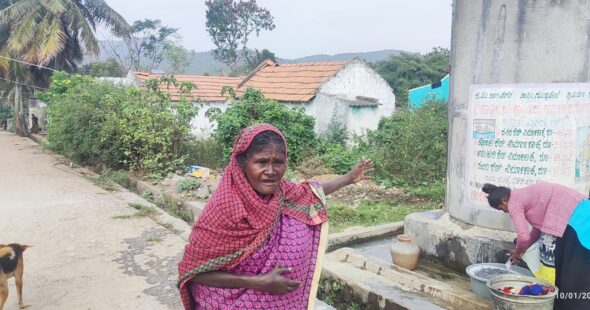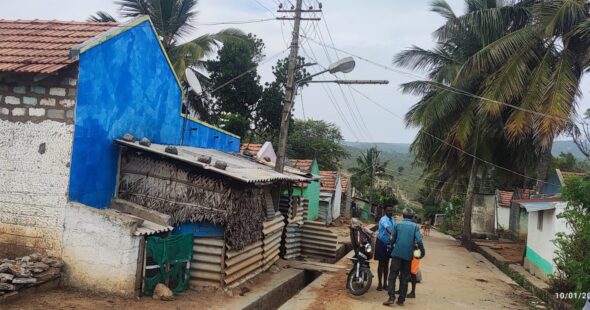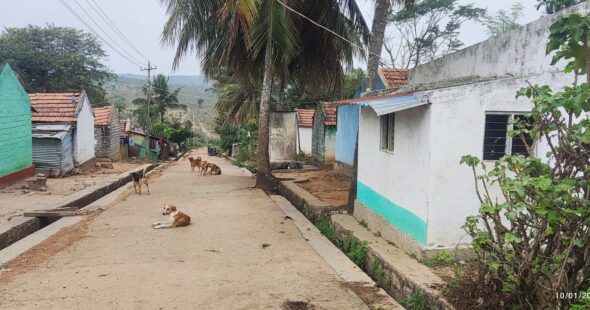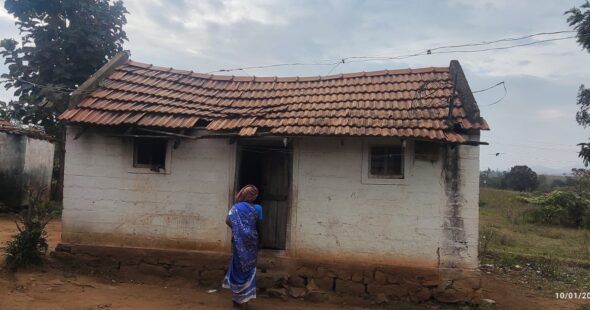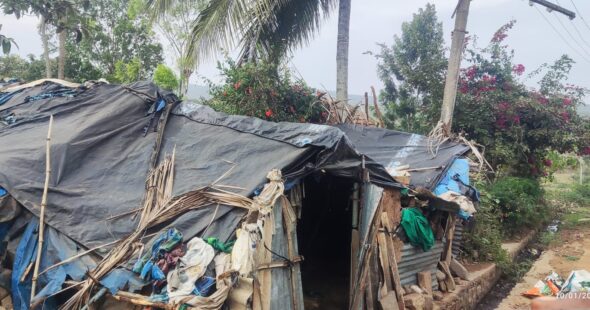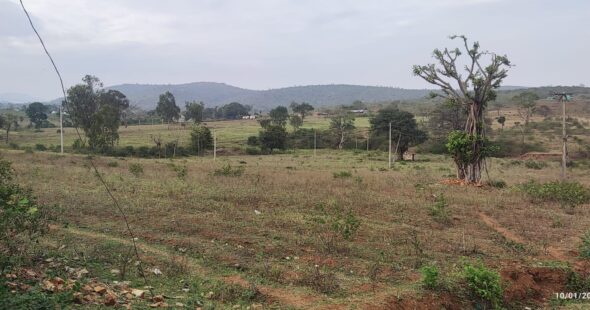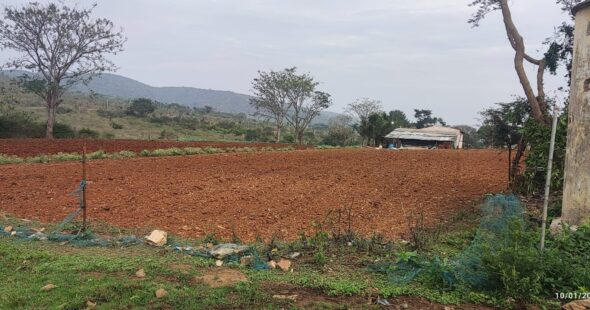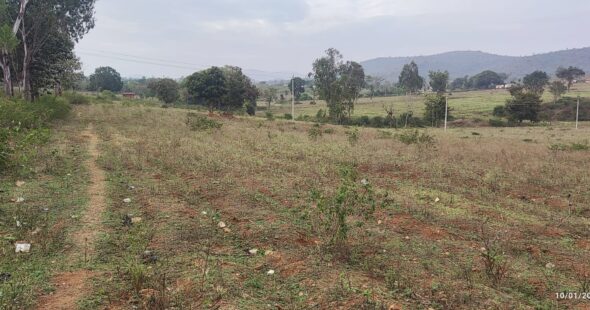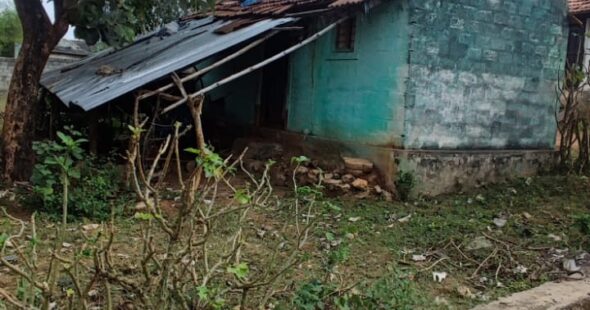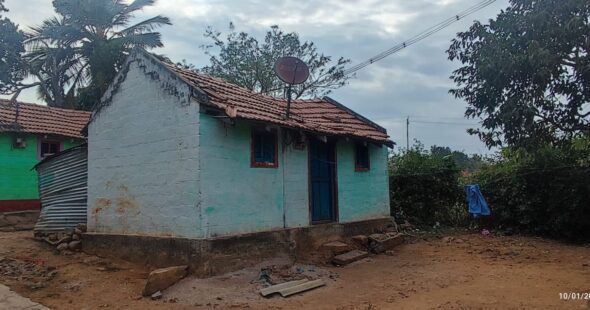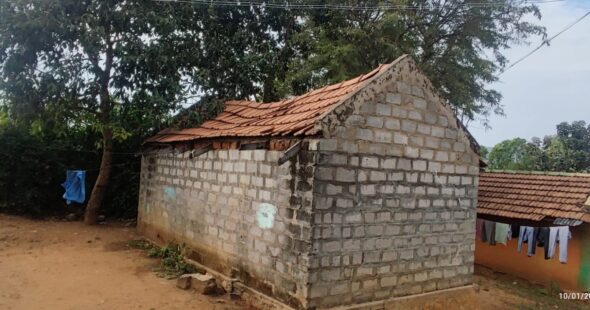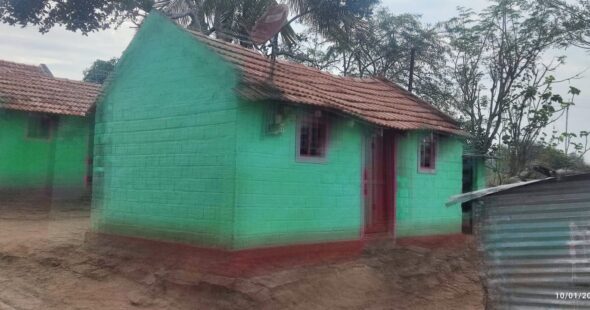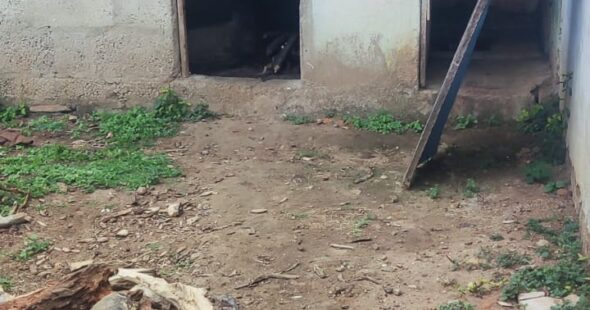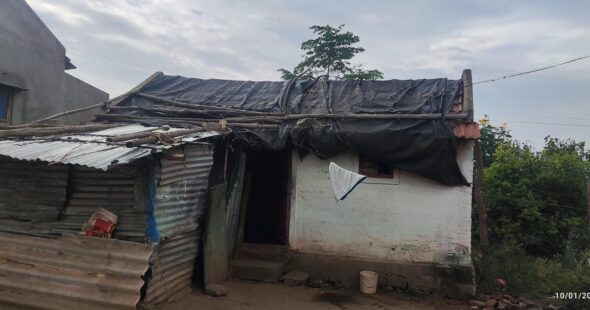Project details
p { line-height: 115%; text-align: left; orphans: 2; widows: 2; margin-bottom: 0.1in; direction: ltr; background: transparent }p.western { font-family: "Calibri", serif; font-size: 11pt; so-language: en-US }p.cjk { font-family: "宋体"; font-size: 11pt; so-language: en-US }p.ctl { font-family: ; font-size: 11pt; so-language: ar-SA }
Gundlupete Preasada Community Developement Project

Project Overview
The Centre for Tribal and Rural Development (CTRD) Trust, established in 1988, has been actively involved in promoting the livelihood, welfare, and development of marginalized tribal and rural communities in the Nilgiri District of Tamil Nadu. With a focus on the empowerment of these communities, CTRD has implemented various projects and programs, including livelihood support, infrastructure development, and health care improvements. The organization operates in Gudalur, Ooty, Coonoor, and Kotagiri and Coimbatore Dt in coordination with village panchayats in these areas.
Geographical Coverage
CTRD operates in a unique geographical setting – the Nilgiri District, situated at the junction between the states of Kerala, Tamil Nadu, and Karnataka, often referred to as the Blue Mountains. This remote region is characterized by hills, mountains, forests, tribal villages, and tea estates with a cool climate. The organization works with five scheduled rural tribes, collectively known as Adivasi, who have historically faced marginalization and discrimination, leading to multidimensional poverty.
Challenges faced by the communities
The Adivasi communities in the Nilgiri District, such as the Kurumba, Kattunayaka, Paniyas, Kotta, and Irula, have been grappling with socio-economic challenges, including a lack of water supply, inadequate housing and sanitation facilities, food insecurity, limited access to health services and education, and irregular income. Rapid globalization, westernization, and forced cultivation of tea and coffee have exacerbated their marginalization, excluding them from mainstream society and government programs.
CTRD's Mission and Vision
CTRD’s mission is to equip tribal and rural communities with the tools and knowledge needed for self-sufficiency. The focus is on comprehensive health, education, and livelihood training to promote sustainable economic well-being, equality, and basic human rights. The vision is the realization of empowered, self-reliant tribal and rural communities with improved socio-economic conditions without compromising their cultural and environmental identity. CTRD now proposed to extend its project location to nearby area of Gundulpet taluk of Chamrajnagar District of Karnataka state.Chamarajanagar, situated in the southern tip of Karnataka, faces challenges such as severe drought conditions and migration of laboring poor in search of seasonal employment. Industrial activities are limited, and areas like Kollegal have witnessed deindustrialization.
Climate-Resilient Agriculture Practices
Given the geographical context and the challenges faced by these communities, CTRD recognizes the importance of adopting climate-resilient agriculture practices. Climate change has significant implications for agriculture, affecting crop yields, water availability, and the overall livelihoods of these vulnerable communities. The following strategies outline climate-resilient agriculture practices:
1. Diversification and Crop Rotation : Encourage mixed farming and integrated farming systems. Emphasize season-based cropping system diversification for sustainability.
2. Water and Soil Conservation : Promote efficient management systems for soil and water conservation. Encourage the use of renewable energy sources like solar energy and biogas.
3. DBCS/Govt. Hospital/DDRO: The process of engaging with District Blindness Control Society (DBCS), government hospitals, and District Disability Rehabilitation Officer (DDRO) is currently underway.
Coverage till Date:
As of now, the project has made significant progress, covering 368 villages in the target areas.
Encourage mixed farming and integrated farming systems. Emphasize season-based cropping system diversification for sustainability.
Promote efficient management systems for soil and water conservation. Encourage the use of renewable energy sources like solar energy and biogas.
- Diversification and Crop Rotation : Encourage mixed farming and integrated farming systems. Emphasize season-based cropping system diversification for sustainability.
- Water and Soil Conservation: Promote efficient management systems for soil and water conservation. Encourage the use of renewable energy sources like solar energy and biogas.
- Biodiversity Preservation: Protect and conserve local cultivars of major crops to preserve biodiversity. Safeguard indigenous breeds of cattle, goat, and poultry.
- Organic Farming: Advocate for the adoption of organic farming practices. Provide support for the production of bio-fertilizers, bio-pesticides, and bio-control agents.
- Cluster Approach: Implement a group and cluster approach for organic farming. Support Self Help Groups (SHGs) and Farmer Producer Organizations (FPOs) for awareness and training.
- Market Linkages and Exports: Empower farmers with timely market intelligence. Establish market linkages through organic clusters and value addition centers. Train farmers on export policies and procedures for organic products.
- Technological Integration: Utilize advanced technologies like Geographic Information System (GIS), Remote Sensing, IoT, and AI for efficient farm management and marketing.
Crops & Agriculture
The agricultural practices in this region are diverse, with a focus on crops like Ragi, Jola, Avare, small onions, garlic, turmeric, and various vegetables. Irrigation is predominantly dependent on groundwater, supplemented by water from the Kabini River.
Conclusion
In conclusion, adopting climate-resilient agriculture practices is crucial for the sustainable development of tribal and rural communities in the Chamrajnager district. CTRD’s holistic and grassroots approach, combined with climate-resilient strategies, aims to break the cycle of poverty and empower these communities, ensuring they thrive in harmony with their cultural and environmental identity. The organization’s commitment to self-help, inclusivity, and sustainable development aligns with the broader goal of creating resilient and self-sufficient communities despite the challenges posed by climate change.
- location: Gundlupete, Karnataka
- Panchayats: 130
- Villages: 509
Support our initiative to uplift Adivasi tea farmers by promoting sustainable and organic Green Tea cultivation.
more Projects
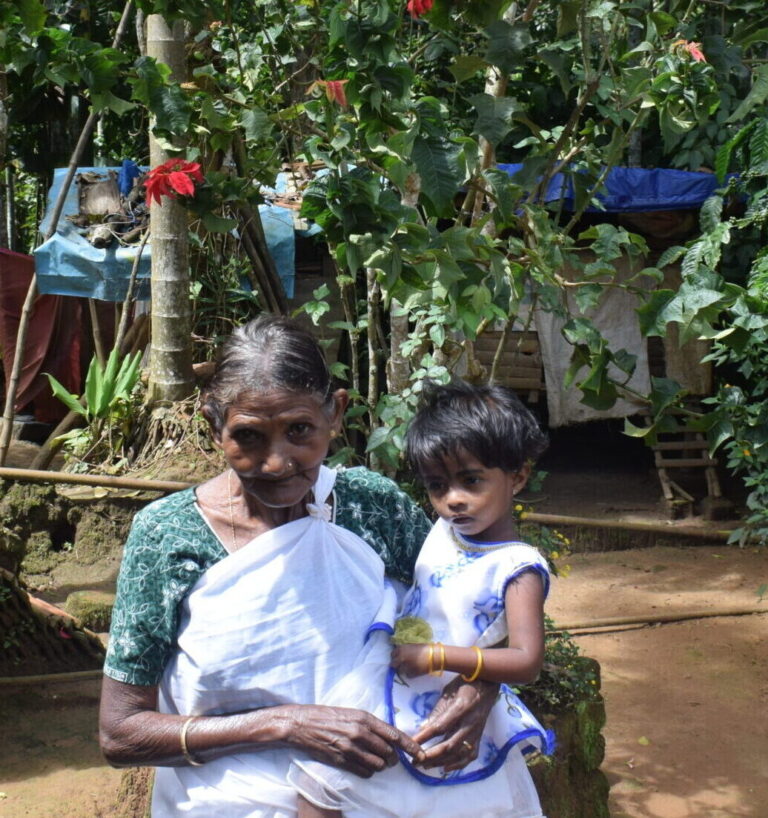
Kitchen Garden Project
supporting the communities in the establishment of organic kitchen gardens
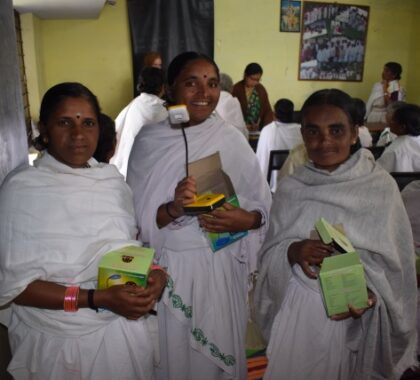
Solar Lightning Project
provide access to education and electricity for the tribal children.
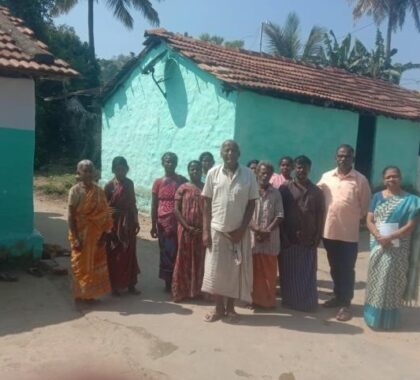
Palamalai Tribal Developement Project
enhance the living conditions the Palamalai tribal community

